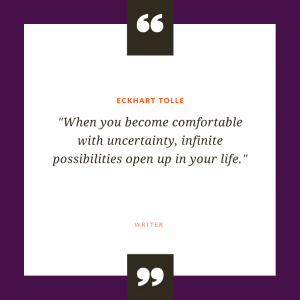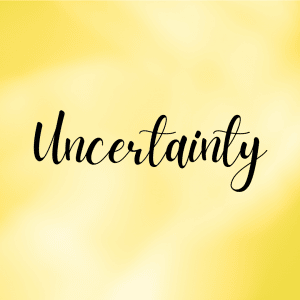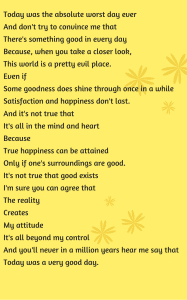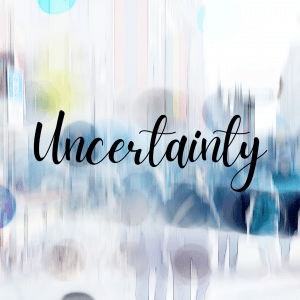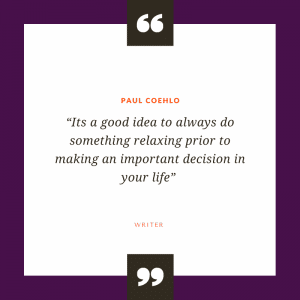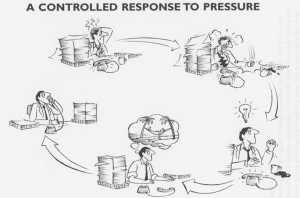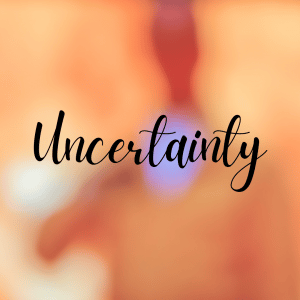Managing Ambiguity
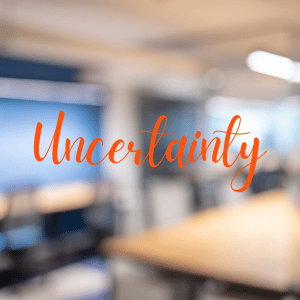 Why is uncertainty and managing ambiguity stressful? Uncertainty is stressful because of the fact that it is the unknown. The only certainty is that life is uncertain! That’s probably a phrase that you have heard more than once, specially recently. We all know it, but do we truly believe it? Do we strive to control the uncontrollable and how can we feel in control in uncertain times?
Why is uncertainty and managing ambiguity stressful? Uncertainty is stressful because of the fact that it is the unknown. The only certainty is that life is uncertain! That’s probably a phrase that you have heard more than once, specially recently. We all know it, but do we truly believe it? Do we strive to control the uncontrollable and how can we feel in control in uncertain times?
This time we are looking specifically at managing ambiguity. You may have hard of VUCA (Volatility, Uncertainty, Complexity, Ambiguity). While the focus of all the recent blogs is on uncertainty, ambiguity is an equally important. If something is ambiguous it means having more than one possible meaning, and therefore possibly causing confusion. The less information the we have, the more irrational and erratic our decisions become. As the uncertainty of the scenarios increased, the more our brains shift control over to the limbic system, the place where emotions, such as anxiety and fear, are generated.
How can we manage ambiguity?
When faced with uncertainty, our brain is pushing us to overreact and fall back on that limbic system. To conquer this you need to develop emotional intelligence or emotional quotion (EQ) to manage ambiguity. To improve your EQ you have to become good at making decisions in the face of uncertainty, despite our every instinct telling us not to. As we mentioned before, having a lack of, or conflicting information can force us to make poor, ill-concieved decisions, so fighting that is very important when facing abiguity.
It may seem impossible when your judgment is clouded by your emotions, however there are some proven strategies which can help you overcome this. Your first effort would be to quiet the limbic system and manage stress, and there are a few ways to do this; inner smile breath, tactical breathing and body reset. I will show you how to execute these instant stress relievers here.
Other proven strategies you can use to improve your EQ are:
- Quiet the limbic system – manage stress
- Admit what you don’t know and then get back to people when you do
- Stay positive. Take a look at Uncertainty blog 3 where we talk about mindset
- Embrace and accept what you can’t control, focus on what you can control
- Decide on and focus on what matters
- Let go of perfection
- Have contingency, always have a plan B
- Let go of the past, take the lessons forward and let go of the emotion
- Breathe!
This blog has been all about managing ambiguity. See my other blogs about uncertainty. Just click the links below.

